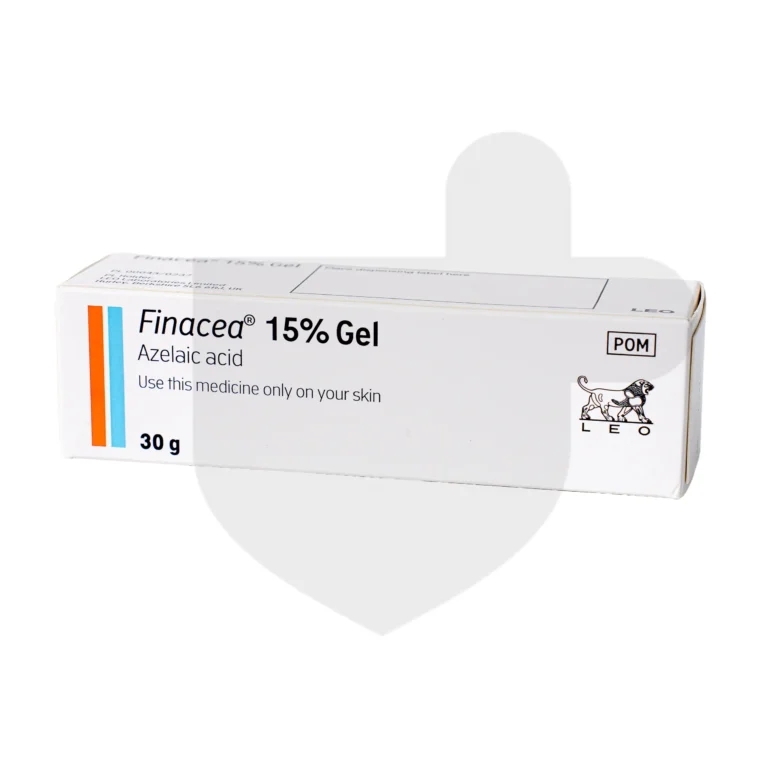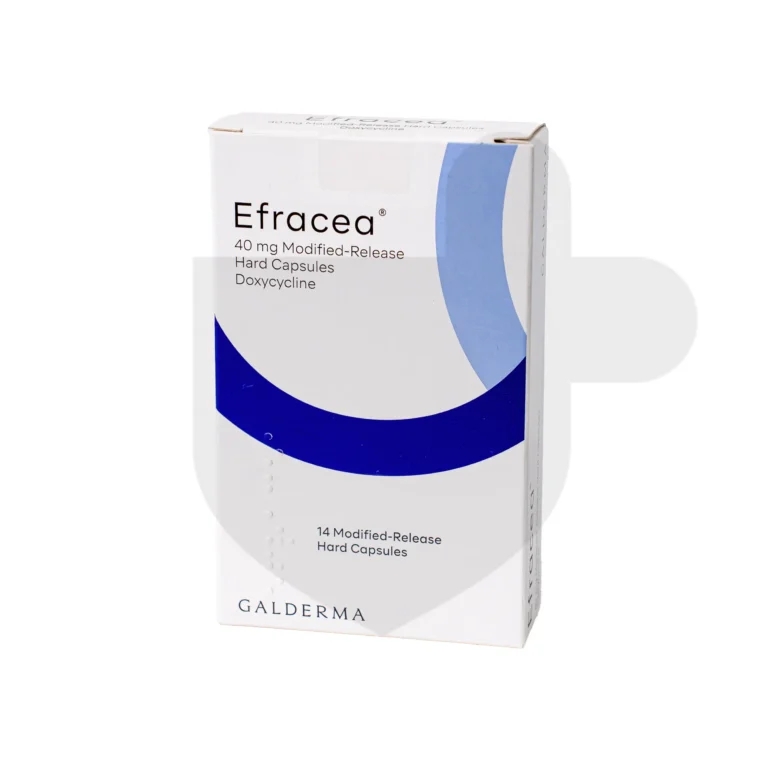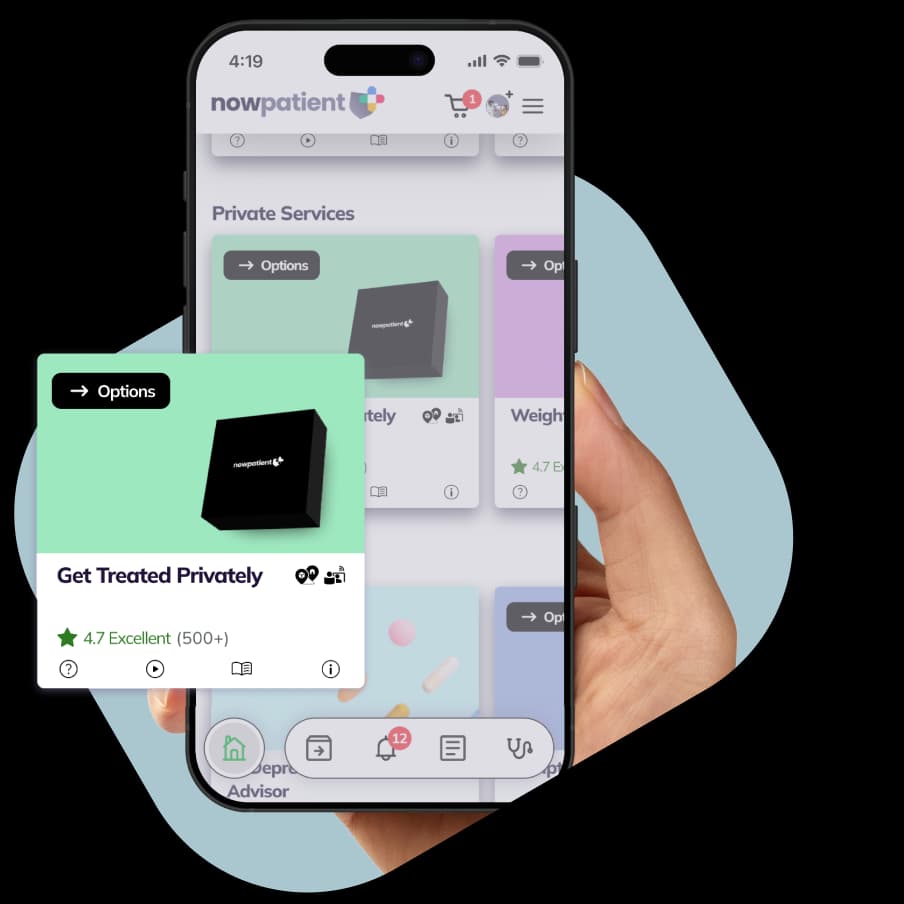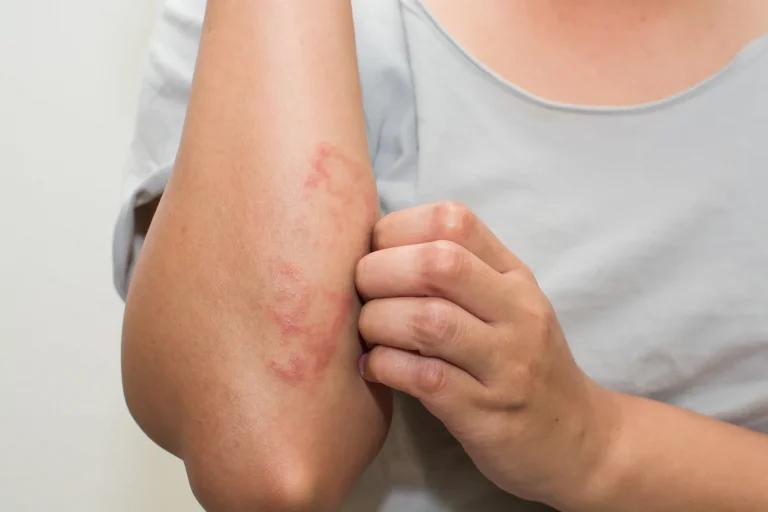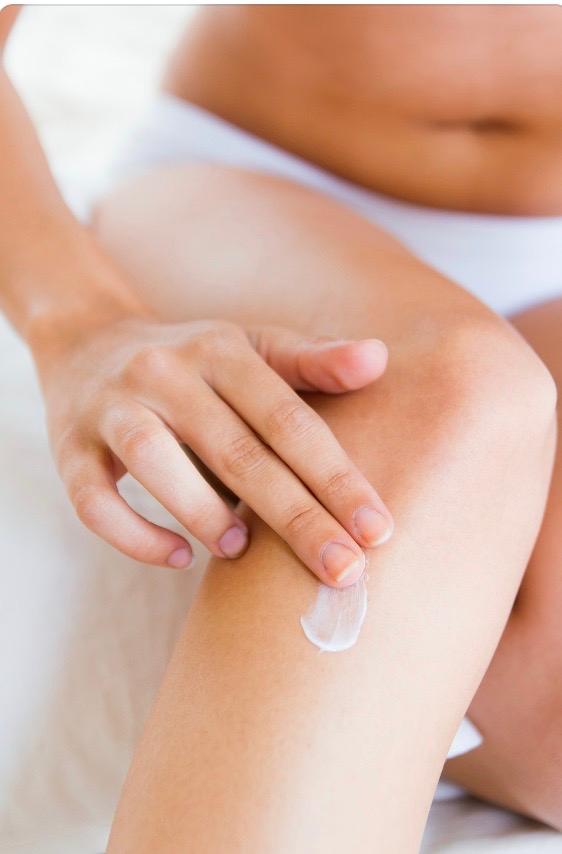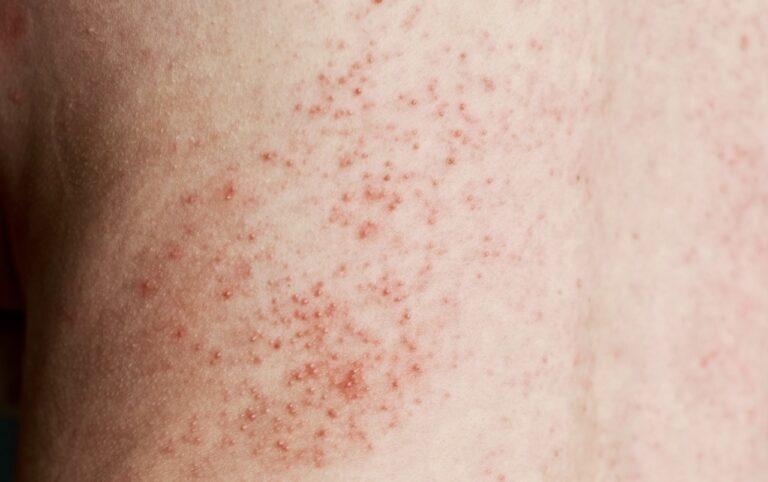Rosacea Treatments
* Includes Free Private Prescription & Consultation.
† Applies to UK only.
START YOUR TREATMENT TODAY
Available Treatments for Rosacea
SAFE PRESCRIBING
Get Started With the Right Treatment for You
MEDICAL INFORMATION
Rosacea Key Facts
Rosacea is a skin condition affecting the face. Symptoms include facial redness, flushing, red bumps and pimples, mainly across the nose, cheeks and chin. There is no cure as such for Rosacea, but a combination of medication and lifestyle changes can help to manage the symptoms. Here, we will take a closer look at the causes, symptoms, and treatment options available for Rosacea.
What is Rosacea?
Rosacea (acne Rosacea) is a condition that affects the face, across the cheeks, nose, forehead and chin. Symptoms include flushing and redness, as well as small, pus-filled lumps. In more severe cases, the skin may become thicker, causing the nose to enlarge. Many people with Rosacea will also suffer from eye irritation and dryness (ocular Rosacea).
What are the causes of Rosacea?
The exact cause of Rosacea is not known but is thought to be due to a combination of genetics, environmental, and immune system factors.
Abnormalities of blood vessels in the face, as well as microscopic mites that live in the skin, may also be factors. Sun exposure, hot or cold weather, certain foods or drinks and stress, can also make symptoms worse.
- People with a family history of Rosacea may be more likely to develop the condition
- An overactive immune system may result in the dilation of blood vessels (telangiectasia) causing redness and bumps
- Environmental triggers such as sunlight, very hot or cold temperatures, spicy foods, alcohol, stress, and skin care products can affect Rosacea symptoms
- An overabundance of microscopic mites (Demodex folliculorum) on facial skin may contribute to the development of Rosacea
Who is at Risk for Rosacea?
Rosacea affects individuals of any age, gender, or ethnicity, but certain factors may increase the risk:
- People with lighter skin tones are more at risk of developing Rosacea
- Rosacea can occur at any age but is more common after the age of 30
- People with a family history of Rosacea may be more likely to develop the condition
- Smoking can cause inflammation and dilation of blood vessels, increasing the risk of Rosacea
What are the Symptoms of Rosacea?
Symptoms of Rosacea will vary from person to person, but include:
- One of the main signs of Rosacea is facial redness and flushing
- Small blood vessels, visible on the nose and cheeks. These may appear as thin red lines on the skin
- Bumps and pimples that may contain pus. These can also appear on the chest and back
- Burning or stinging sensation that may feel tender and hot to the touch
- Eye problems, such as eye dryness, irritation, swollen eyelids, styes and keratitis
- Thickened skin causing an enlarged or bulbous nose (rhinophyma). This is more common in men
Diagnosing Rosacea
Diagnosis of Rosacea will require a discussion about your symptoms, triggers, family history and an examination of your skin by your healthcare provider or dermatologist. Additional tests may be necessary in some cases to rule out other conditions, such as dermatitis, which has similar symptoms.
Treatment options for Rosacea
Treatment options will depend on the severity and the specific symptoms and will involve a combination of medication and self-help measures. These include:
- Avoiding excessive sun exposure, and protecting the skin with sunscreen and protective clothing to prevent sunburn
- Maintaining a gentle skincare routine
- Avoiding common triggers such as spicy foods, hot drinks and extreme temperatures
Medications include:
- Topical creams and gels containing azelaic acid, ivermectin, metronidazole, or brimonidine
- Oral medications, such as oral antibiotics containing tetracycline, doxycycline such as Efracea, or erythromycin, or isotretinoin may be used for more severe Rosacea. A combination of oral and topical medications may be used to control the symptoms of Rosacea
Laser treatment or light therapy may also be used to reduce visible blood vessels (erythematotelangiectatic Rosacea) and eye drops or ointments may be used to reduce eye symptoms.
Living with Rosacea
Rosacea may lead to issues with an individual’s feelings of confidence and self-esteem. There are, however, support groups and online communities available to help support those people. Healthcare professionals can also help support people and play a valuable part in providing guidance.
- Understanding the causes, symptoms and triggers of Rosacea can help individuals manage their symptoms
- A gentle skincare routine using non-irritating cleansers and moisturizers for sensitive skin can help minimize flare-ups
- Sunscreen with a high SPF and wearing protective clothing can also help prevent flare-ups
- Stress-reducing activities, such as meditation or yoga can help reduce stress levels and symptoms of Rosacea
Remember, Rosacea will be unique to everyone, and treatment plans may vary.
Conclusion
Rosacea is a common skin condition, that can affect anyone at any age. It can cause issues with an individual’s confidence and self-esteem, but by understanding the causes, symptoms and treatment options available for Rosacea, this condition can be managed effectively through a combination of medication and lifestyle changes.
Sources
- NHS Rosacea
- Betterhealth – Rosacea
- NHS Inform – Rosacea
- WebMD – Rosacea
- NIH – Rosacea
- Rosacea.org – Rosacea
- Cleveland Clinic – Rosacea
Medical Disclaimer
NowPatient has taken all reasonable steps to ensure that all material is factually accurate, complete, and current. However, the knowledge and experience of a qualified healthcare professional should always be sought after instead of using the information on this page. Before taking any drug, you should always speak to your doctor or another qualified healthcare provider.
The information provided here about medications is subject to change and is not meant to include all uses, precautions, warnings, directions, drug interactions, allergic reactions, or negative effects. The absence of warnings or other information for a particular medication does not imply that the medication or medication combination is appropriate for all patients or for all possible purposes.
Related Articles
OUR CUSTOMERS VIEW
What Customers Love About Our Service
We want everyone to be happy and healthy, that’s what keeps us going. Read what some of them have to say about us.
Medicines Experts
Meet Our Medical Team
We are a broad skilled and passionate group of clinicians with experience of operating in health systems in the United Kingdom & United States. Providing excellent care and advice is at the heart of everything we do. You can read more about our medical team by visiting the medical team page or learn more about how we curate content by visiting our editorial process





